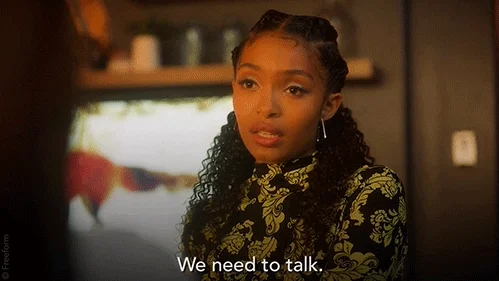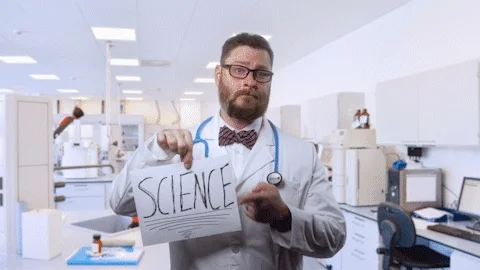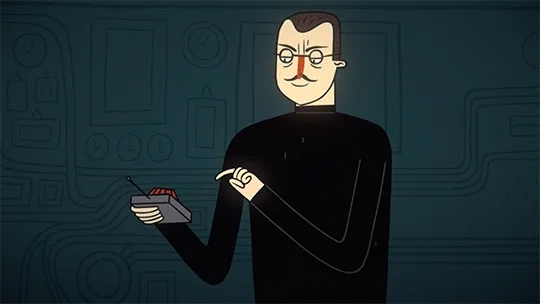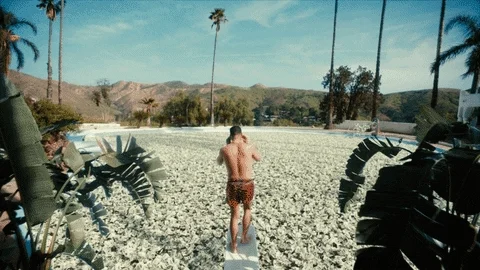
This logo isn't an ad or affiliate link. It's an organization that shares in our mission, and empowered the authors to share their insights in Byte form.
Rumie vets Bytes for compliance with our
Standards.
The organization is responsible for the completeness and reliability of the content.
Learn more
about how Rumie works with partners.
Why Is Science Communication Important?
What Skills Do They Need?
Read. Write. Repeat. It's all about reading, writing, thinking, and speaking.

Did you know?
Rumie is a nonprofit community dedicated to making innovative learning free for everyone.
You Might Love It If...

You're really into science.
You're curious about the world around you.
You can think critically when reading about research findings.
You love to read, read, and read more.
Talking to people and reaching out to them is your thing.
It's Probably Not for You If...

You get tired of reading the latest scientific debates, like whether butter or margarine is best.
You don't like to connect with other people.
You couldn't care less about how well-informed people are.
Science seems boring to you.
How Do I Become a Science Communicator?

Earn a degree. The most valued degrees are Science Communication degrees, or any teaching-related degree.
Get some experience. Volunteer. Complete an internship.
Network. Attend a conference. Connect with peers on Linkedin.
Grow your skills. Besides your communication skills, science communicators need to keep up to date with the latest scientific research.
This Byte has been authored by
Orsolya Kereszty
Learning Designer








